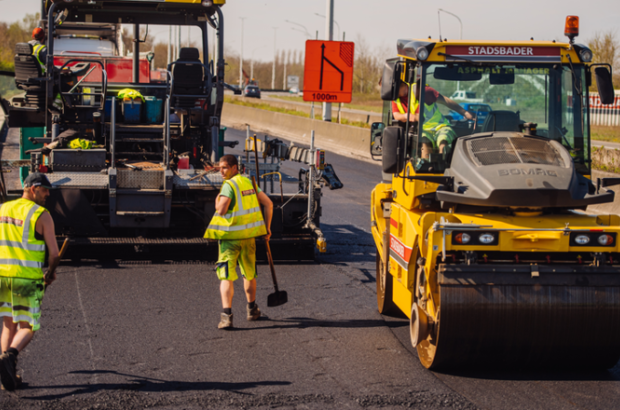- Daily & Weekly newsletters
- Buy & download The Bulletin
- Comment on our articles
Brussels to encourage more 'economic' migrants
Brussels companies say they are struggling to fill certain roles within the local, national, or even European job market and are therefore having to look abroad instead.
Foreign workers have been filling shortages via a temporary authorisation for jobs in certain sectors, namely construction workers, IT specialists and lorry drivers.
The number of permits granted rose from 6,554 in 2021 to 8,604 in 2022 (+30%) and is expected to reach 9,500 in 2023.
“We started recruiting outside Europe around 10 years ago,” Arnaud Kamp, director of human resources for Cliniques de l'Europe, told RTBF.
Cliniques de l'Europe has elected to recruit nurses from Lebanon, saying the country’s academic training enables them to quickly obtain an equivalent qualification in Belgium.
Applicants must obtain a single permit for residence and work from the Brussels region before arriving in the country, with their future employer handling all the formalities.
“The whole procedure takes around 10 months,” Kamp said, adding that the permit also needs to be renewed every year. “We would like to see administrative simplification, particularly for permit renewals.”
Bernard Clerfayt (DéFI), Brussels’ minister for employment, said that economic migration has existed for a long time.
“Its aim is to enable Brussels companies to develop their business by recruiting workers with the necessary qualifications from abroad, but the current text dates from the 1960s and 1980s and therefore deserved to be modernised,” Clerfayt said.
An ordinance to strengthen economic migration has been tabled, but members of the Ligue des Travailleuses Domestiques and the Comité des Travailleurs Sans Papiers have protested against it.-
Magali Verdi, a youth worker with the Mouvement Ouvrier Chrétien, said that it was unfortunate that the ordinance did not provide for access to a single permit for undocumented workers already present in Brussels.
“At present, they are obliged to apply from their country of origin, which in practice is impossible for the vast majority,” Verdi said.
“Yet thousands of them are already working in the care, construction and hospitality sectors. We believe that the region should be able to take political initiatives to change things - for example, making it possible to obtain a residence permit if the employer is prepared to hire them officially.”
But minister Clerfayt said those undocumented workers “do not have the required qualifications” or a recognised equivalent “even if they sometimes have experience in the sector”.
“What's more, they have no legal status to live in the country,” Clerfayt said. “Their regularisation may be desirable, but it's up to the federal government to provide it. Economic migration is a completely different matter.”

















